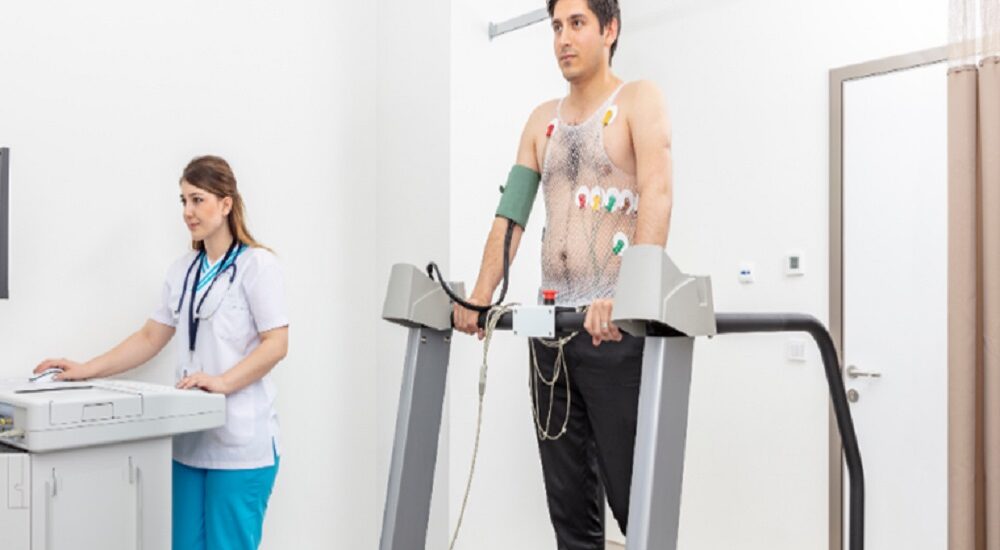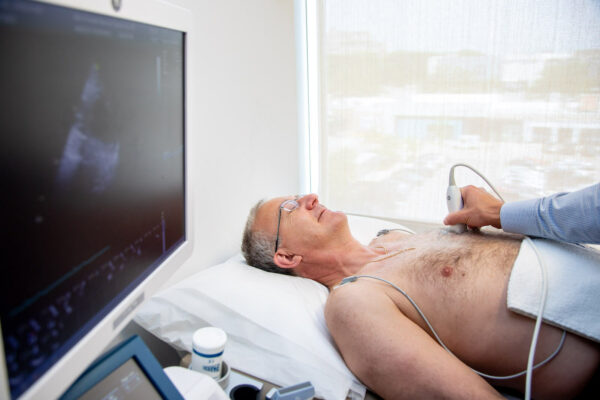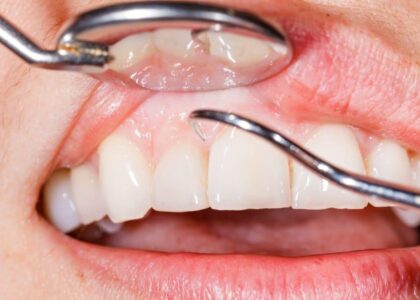Heart disease remains one of the leading causes of death worldwide, and early detection is crucial for prevention and effective treatment. Cardiac screening identifies risk factors and early signs of heart disease before symptoms become severe.
In Singapore, many individuals turn to experienced cardiologists for comprehensive screenings, which can provide valuable insights into heart health. This article will explore the importance of cardiac screening and how it can be your first step towards a healthier heart.
What is Cardiac Screening?
Cardiac screening is a series of tests designed to assess the health of your heart and detect any potential risks for heart disease. These screenings typically include blood pressure measurement, cholesterol level evaluation, and more advanced diagnostic tests like coronary angiography in Singapore. The aim is to catch early warning signs for treatment and adjustments.
Consulting a cardiologist in Singapore for cardiac screening is crucial, especially if you have risk factors such as high blood pressure, high cholesterol, a family history of heart disease, or lifestyle habits that increase your risk. A comprehensive screening can provide a clear picture of your heart’s condition and help you make informed decisions about your health.
The Role of a Cardiologist in Cardiac Screening
Choosing the right cardiologist is essential for effective cardiac screening. A skilled cardiologist can interpret test results accurately, diagnose potential issues, and recommend the best action to keep your heart healthy. Whether it’s lifestyle changes, medication, or further testing, such as coronary angiography, your cardiologist will guide you through the next steps.
Cardiologists at institutions like Mount Elizabeth in Singapore have extensive experience performing cardiac screenings. Their expertise ensures that you receive the highest level of care and attention, which is critical to something as vital as heart health.
Why is Cardiac Screening Important?
Heart disease often develops silently, with no symptoms in its early stages. Symptoms like chest pain or shortness of breath appear, the condition may already be advanced. Cardiac screening in Singapore is essential for early detection, allowing your cardiologist to identify risk factors before they lead to more serious complications such as heart attacks or strokes.
Regular cardiac screening in Singapore is especially crucial for individuals over the age of 40 or those with pre-existing conditions such as diabetes or hypertension. Early intervention can significantly reduce the risk of heart disease, improve quality of life, and even save lives.
Key Components of Cardiac Screening
A comprehensive cardiac screening typically involves several tests, each designed to evaluate different aspects of your heart health. The most common components include:
- Electrocardiogram (ECG): An ECG measures the electrical activity of your heart and helps detect irregular heartbeats or damage to the heart muscle.
- Stress Test: A stress test evaluates how your heart performs under physical exertion and can reveal issues with blood flow or heart rhythm.
- Cholesterol and Blood Pressure Check: High cholesterol and blood pressure are significant risk factors for heart disease, making these tests vital for understanding your risk profile.
- Coronary Angiography: For individuals at higher risk or with symptoms of heart disease, coronary angiography in Singapore may be recommended. This imaging technique uses X-rays to examine the arteries and detect blockages or narrowing that could lead to heart attacks.
These tests contributes to a comprehensive view of your heart health, allowing your cardiologist to develop a personalised prevention or treatment plan.
When Should You Consider Cardiac Screening?
Cardiac screening is recommended for adults, especially those over 40, individuals with specific risk factors. If you have a family history of heart disease, smoke, have diabetes, or lead a sedentary lifestyle, early and regular screening is vital. These factors can increase your risk of developing cardiovascular conditions, and early detection can make all the difference in managing them effectively.
For those with chest pain, irregular heartbeat, or shortness of breath, a consultation with a cardiologist in Singapore should be a priority. Screening can help pinpoint the cause of these symptoms and prevent serious health issues.
How to Maintain Heart Health After a Screening
After undergoing cardiac screening in Singapore, maintaining a healthy heart requires ongoing effort. Depending on your test results, your cardiologist may recommend lifestyle changes such as a balanced diet, regular exercise, and smoking cessation. These changes can significantly reduce your risk of heart disease and improve your overall quality of life.
For individuals who require further medical intervention, such as medication or surgical procedures, adhering to your cardiologist’s recommendations is crucial. Regular follow-up screenings will also be necessary to monitor your heart health and ensure that any issues are addressed promptly.
Understanding and prioritising cardiac screening is an important step towards a healthier heart. By detecting potential risks early and working with a skilled cardiologist in Singapore, you can take control of your heart health and make informed decisions that will benefit you in the long run. Whether through simple tests or more advanced procedures like coronary angiography, cardiac screening provides peace of mind and the opportunity to prevent serious heart conditions.
Contact Leslie Tay for more inquiries.






